detail profile jonathan caouette
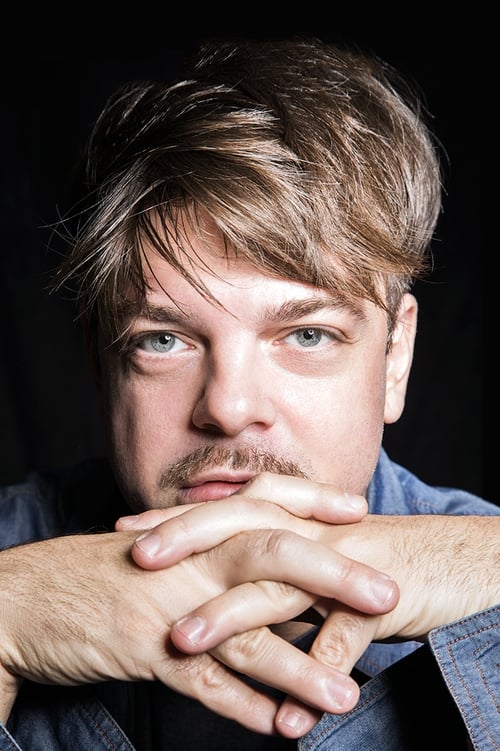
Riwayat Hidup
Jonathan Caouette (born 1973) is an American film director, writer, editor and actor.
Caouette is the director and editor of Tarnation (2003), an autobiographical documentary, and director of All Tomorrow's Parties about a cult music festival.
Info Pribadi
Peran Yang Di Mainkan Jonathan Caouette
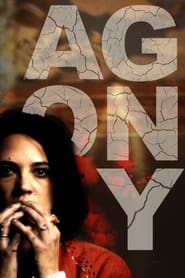 A discontented New York family woman...
A discontented New York family woman...Agony 2017
A discontented New York family woman is unexpectedly called to Tuscany to execute her estranged mother's will. There, she must decipher visions of her forgotten childhood and confront a spectral "Lady in Red," whose dark secret unlocks a terrifying destiny.
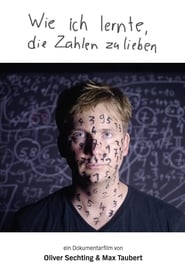 How I Learned to Love the...
How I Learned to Love the...How I Learned to Love the Numbers 2014
How I Learned to Love the Numbers is a New York film and at the same time the study of a young man suffering from an obsessive-compulsive disorder (OCD). The Berlin filmmaker Oliver Sechting (37) and his co-director Max Taubert (23) travel to New York with the idea of documenting the art scene there. However, the project is quickly overshadowed by Oliver's OCD, and the two directors fall prey to a conflict that becomes the central theme of their film. Encounters with such artists as film directors Tom Tykwer (Cloud Atlas), Ira Sachs (Keep The Lights On), and Jonathan Caouette (Tarnation) or the transmedia artist Phoebe Legere seem more and more to resemble therapy sessions. At last, Andy Warhol-Superstar Ultra Violet succeeds in opening a new door for Oliver.
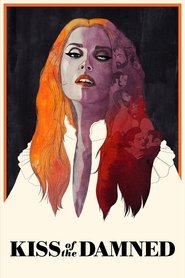 Beautiful vampire Djuna tries to resist...
Beautiful vampire Djuna tries to resist...Kiss of the Damned 2012
Beautiful vampire Djuna tries to resist the advances of the handsome, human screenwriter Paolo, but eventually gives in to their passion. When her seductive and highly volatile sister Mimi unexpectedly comes to visit, she threatens Djuna's new relationship, and the whole vampire community becomes endangered.
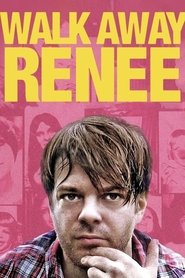 A documentary on Jonathan Caouettes crosscountry...
A documentary on Jonathan Caouettes crosscountry...Walk Away Renee 2011
A documentary on Jonathan Caouette's cross-country road trip with his mentally ill mother.
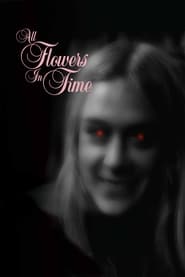 I am not from this place...
I am not from this place...All Flowers in Time 2010
"I am not from this place," declares a French cowboy. An old toothless man asks, "Do you know why you're here?" These shape-shifting personalities infect young children with an evil signal in the form of a Dutch TV show. The red-eyed girls and boys believe they can now become other people and monsters, much to their delight.
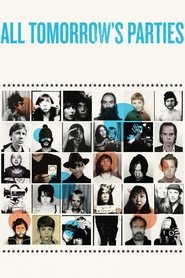 Covers the history of the long...
Covers the history of the long...All Tomorrow's Parties 2009
Covers the history of the long running All Tomorrow's Parties music festival, utilizing footage generated by the fans and musicians attending the events themselves, on a multitude of formats including Super8, camcorder and mobile phone.
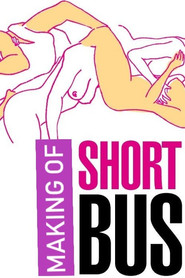 A look at the unusual process...
A look at the unusual process...Gifted and Challenged: The Making of 'Shortbus' 2007
A look at the unusual process used in the making of the film Shortbus (2006) featuring interviews, behind the scenes footage and clips from the feature film. Director John Cameron Mitchell starts with the concept of using real sex in a film with a positive message. The cast of unknowns is selected from homemade audition tapes and then a callback audition workshop. More acting workshops are used to develop the characters and script. The project overcomes a number of obstacles and the rest of the film's development is followed up until its premiere at the Cannes Film Festival.
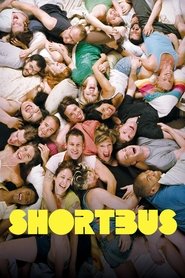 In post911 New York City an...
In post911 New York City an...Shortbus 2006
In post-9/11 New York City, an eclectic group of citizens find their lives entangled, personally, romantically, and sexually, at Shortbus, an underground Brooklyn salon infamous for its blend of art, music, politics, and carnality.
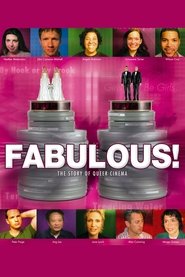 A chronological look at films by...
A chronological look at films by...Fabulous! The Story of Queer Cinema 2006
A chronological look at films by, for, or about gays and lesbians in the United States, from 1947 to 2005, Kenneth Anger's "Fireworks" to "Brokeback Mountain". Talking heads, anchored by critic and scholar B. Ruby Rich, are interspersed with an advancing timeline and with clips from two dozen films. The narrative groups the pictures around various firsts, movements, and triumphs: experimental films, indie films, sex on screen, outlaw culture and bad guys, lesbian lovers, films about AIDS and dying, emergence of romantic comedy, transgender films, films about diversity and various cultures, documentaries and then mainstream Hollywood drama. What might come next?
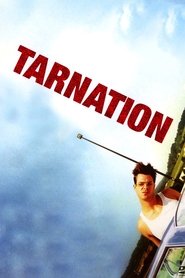 Filmmaker Jonathan Caouettes documentary on growing...
Filmmaker Jonathan Caouettes documentary on growing...Tarnation 2003
Filmmaker Jonathan Caouette's documentary on growing up with his schizophrenic mother -- a mixture of snapshots, Super-8, answering machine messages, video diaries, early short films, and more -- culled from 19 years of his life.
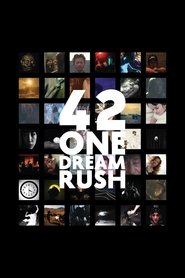 Collection of short films by various...
Collection of short films by various...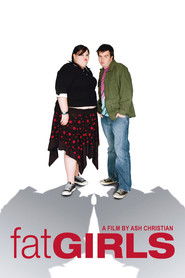 A gay theaterobsessed Texan high school...
A gay theaterobsessed Texan high school...